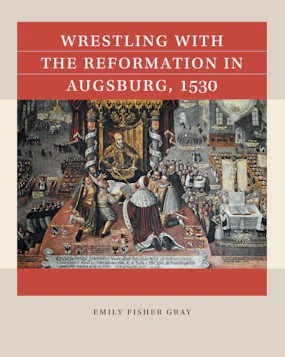 |
 
Play this game recently? | The Reformation went well beyond theology. This game is designed to take students into three significant phases of the tumultuous first years of the Protestant Reformation: Martin Luther’s appearance before Holy Roman Emperor Charles V at the Diet of Worms in 1521, the three years of continuing reforms and challenges to secular rulers’ authority, and the tumultuous Peasants’ Revolt of 1524-25. In the course of the game students discover that challenges to authority, once underway, may take paths that no one anticipated and which shape history and society profoundly. |
Details
|
Using the Game |
Class Size and Scalability |
Reacting Consortium members can access all downloadable materials below. You will be asked to sign in before downloading. Please fill out the Permissions Request Form before using Challenging Authority in your class!
|
Dwight Brautigam
Dwight Brautigam is Professor Emeritus of History at Huntington University, where he was a full-time professor in the History Department from 1987 to 2024. He received his BA in History from Houghton College, his MA in History from the University of Kentucky, and his PhD in History from the University of Rochester. His primary interests are in Early Modern European History with a focus on Tudor and Stuart English politics and religion.
|
Members can contact game authors directly if they have questions about using the game. We also invite instructors join our Facebook Faculty Lounge, where you'll find a wonderful community eager to help and answer questions.
|
|
|

